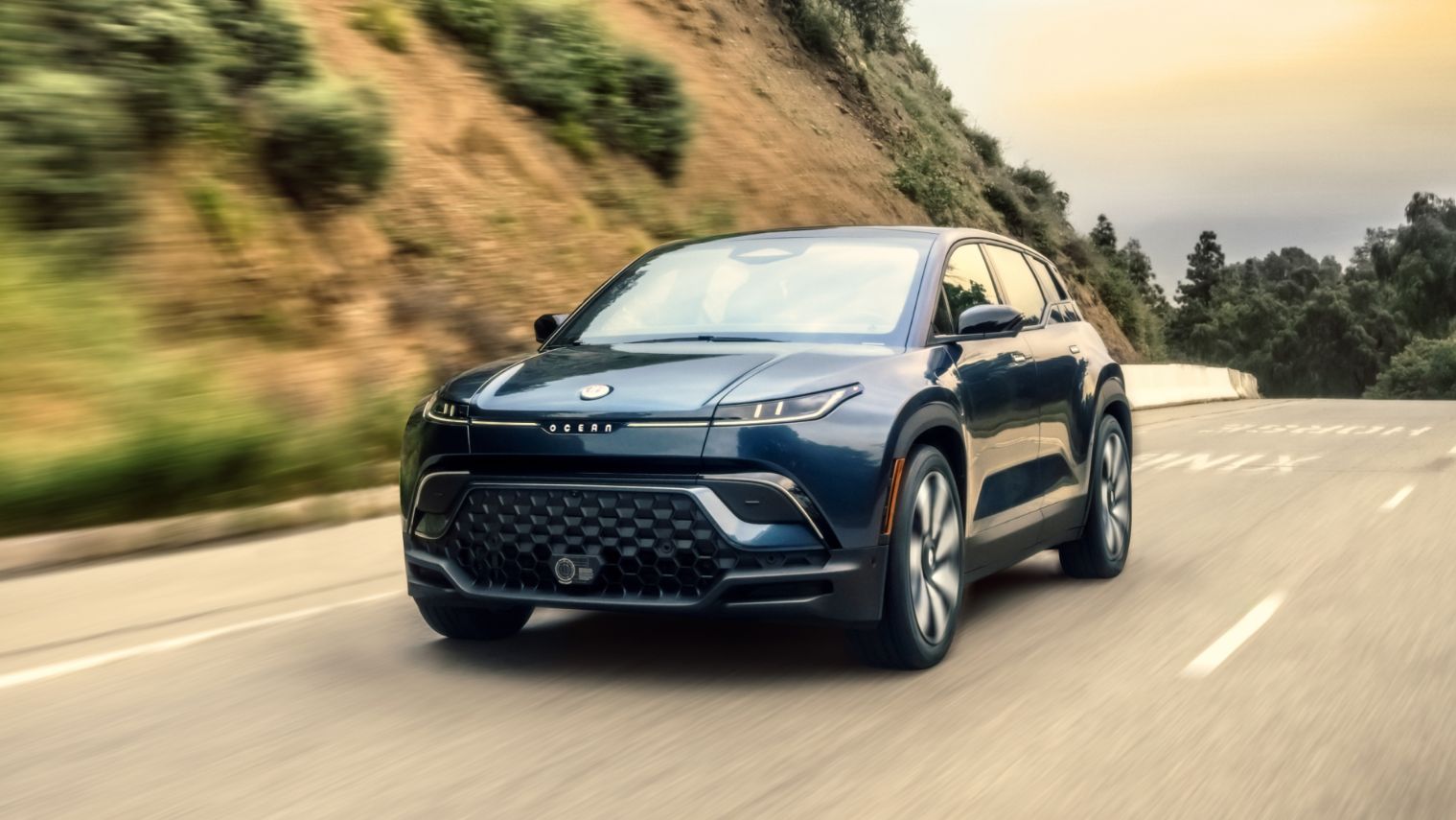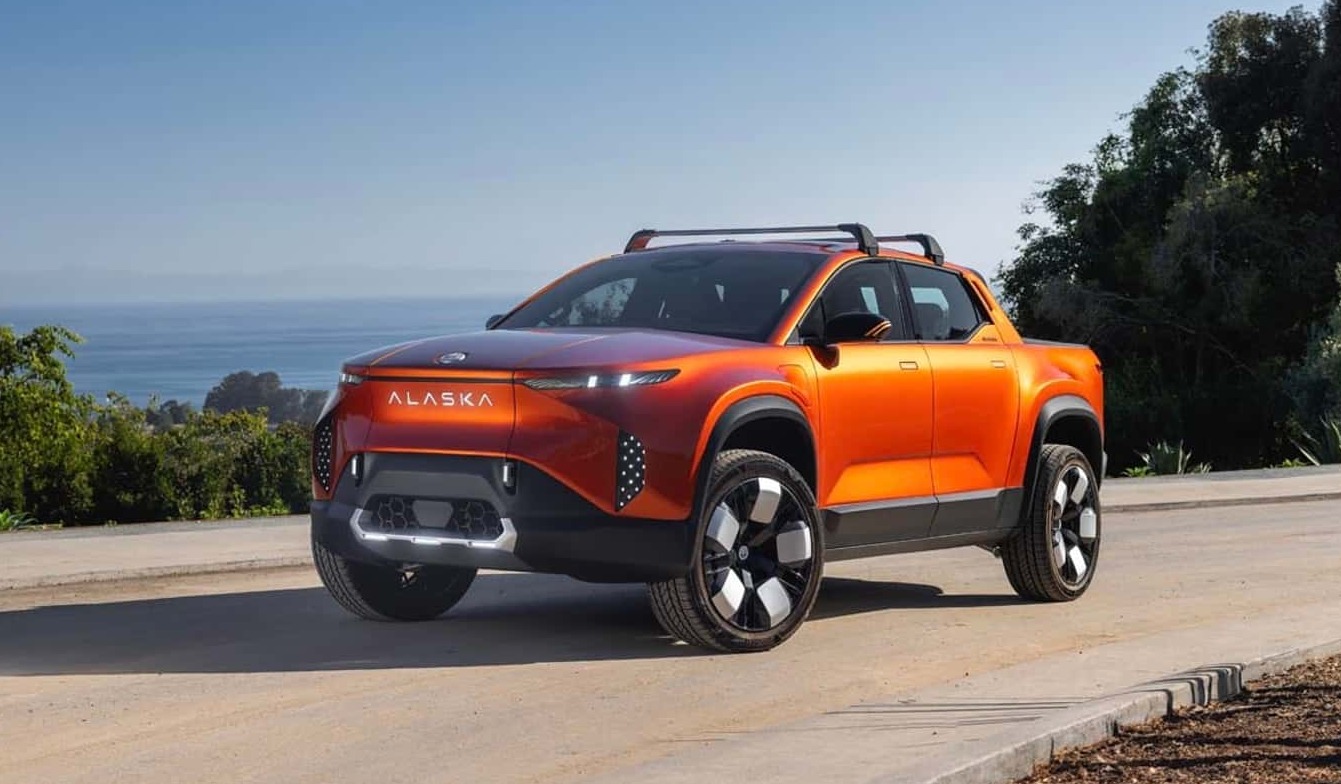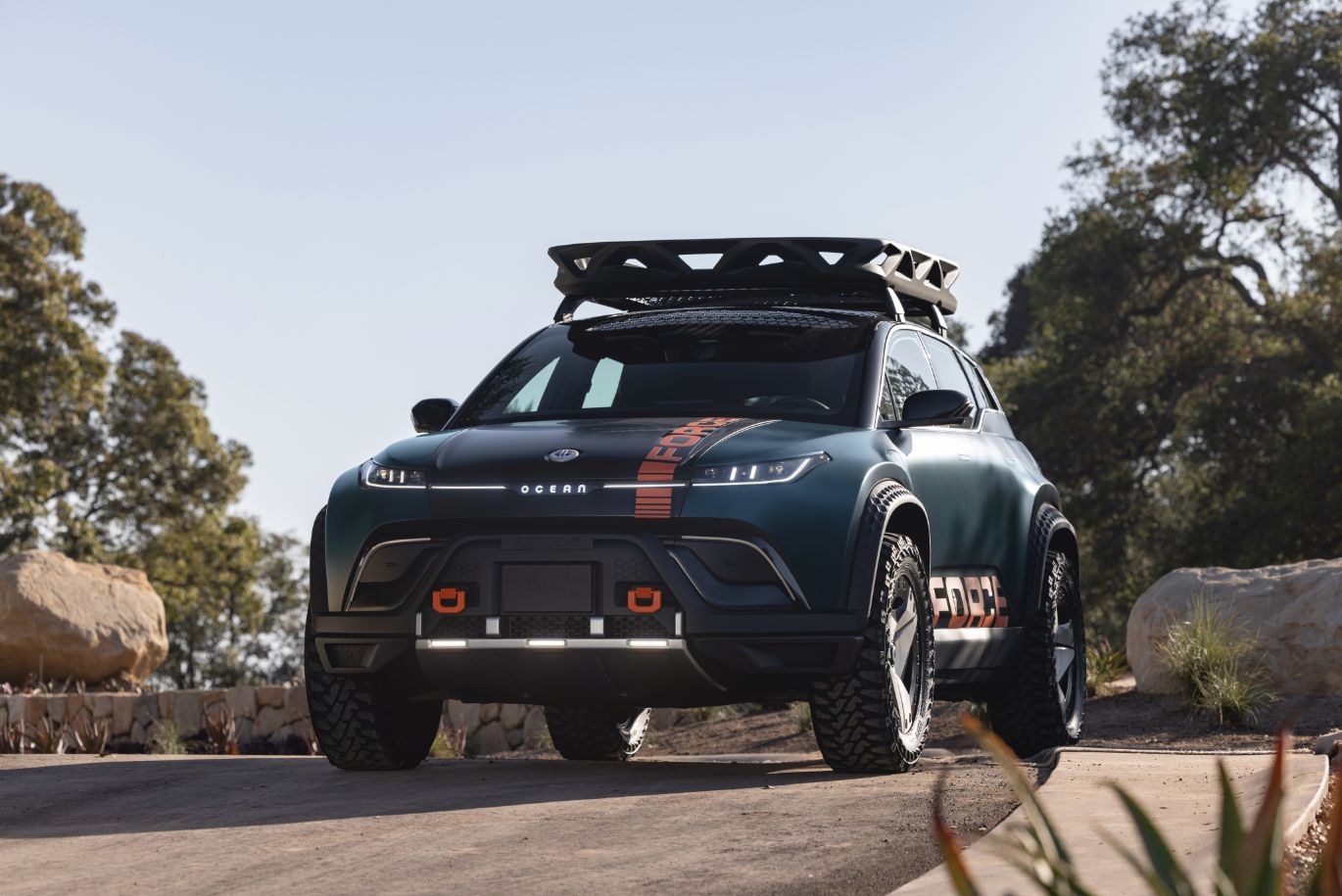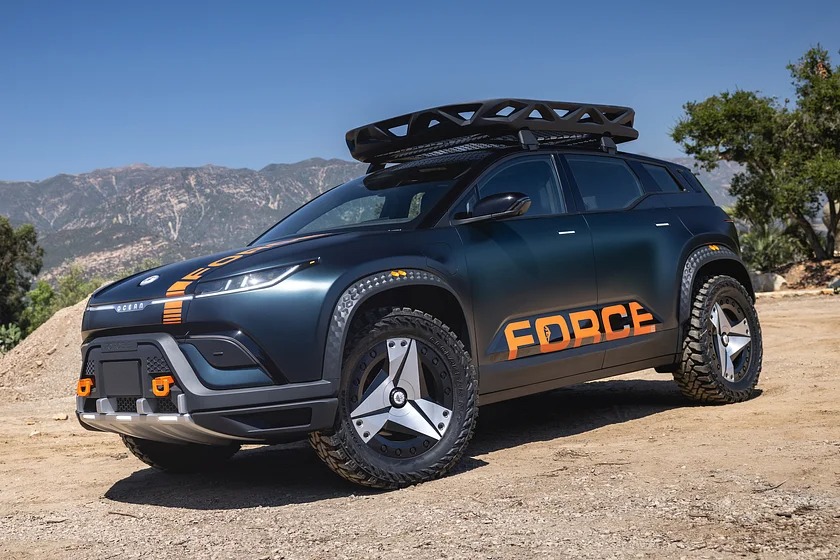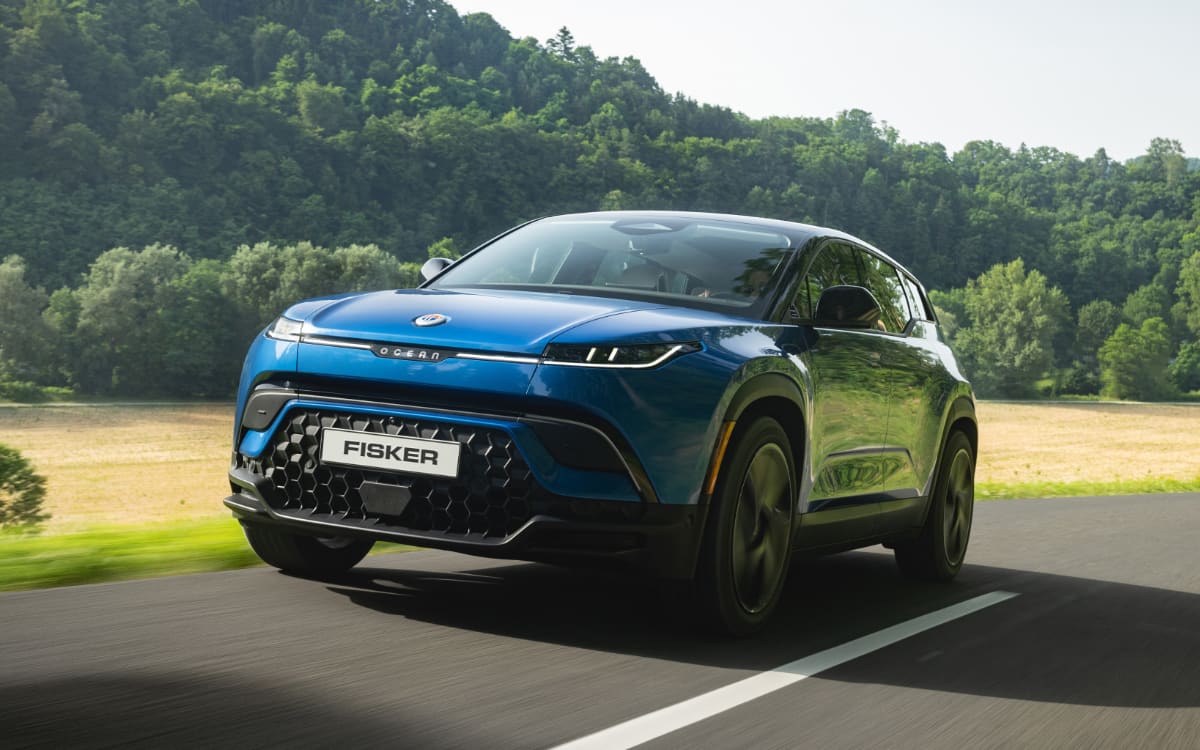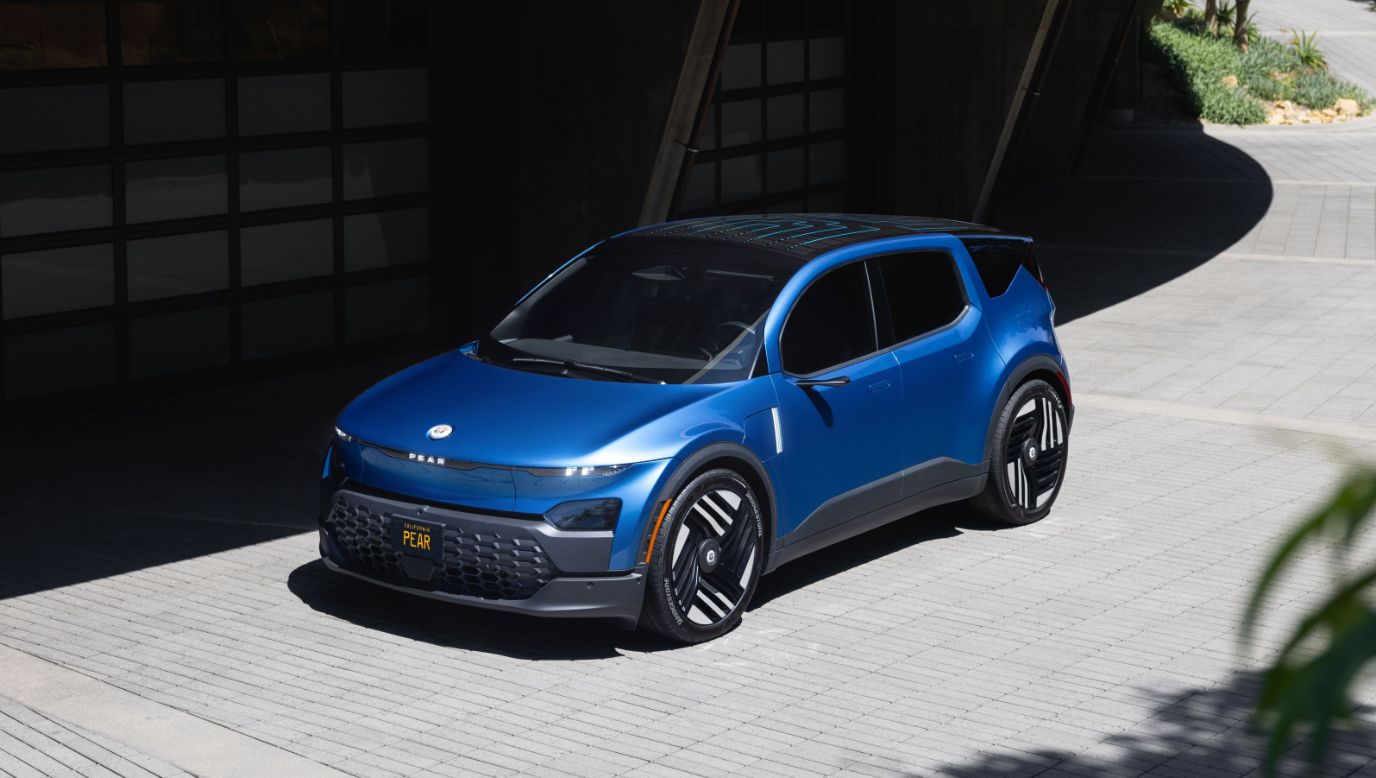In a significant move within the electric vehicle (EV) industry, Fisker, an emerging EV manufacturer, announced its strategic collaboration with Tesla, the pioneering electric car company. The partnership involves Fisker’s adoption of Tesla’s North American Charging Standard (NACS), facilitating expanded charging options for Fisker’s customers by the year 2025.
This transformative step comes amid a notable shift in the automotive landscape, as several established manufacturers, including Ford Motor and General Motors, pivot from the widely adopted Combined Charging System (CCS) connector to Tesla’s proprietary charging design. This strategic maneuver positions Tesla’s charging infrastructure to take a dominant position within the industry.
Fisker, renowned for its commitment to innovation and sustainability, revealed that all its vehicles manufactured from 2025 onward will be equipped with the NACS port for seamless charging. Moreover, Fisker customers will gain access to Tesla’s extensive Supercharger network across the United States and Canada. Through an adapter, customers can effortlessly utilize Tesla’s vast network of over 12,000 public fast chargers.
Notably, Fisker remains dedicated to ensuring continuity for its existing customer base. The company will provide an adapter for the CCS technology, allowing those who prefer to continue using this system to do so without disruption.
This strategic alliance not only demonstrates Fisker’s forward-thinking approach but also showcases Tesla’s progressive strides in advocating for a unified charging standard. The NACS’s increasing prominence represents a noteworthy departure from the previously dominant CCS standard, which had exclusive support from the administration of President Joe Biden.
In alignment with the growing EV market and the pressing need to enhance charging infrastructure, the U.S. government has allocated $7.5 billion in funding to expedite the deployment of EV charging stations throughout the nation. This substantial financial commitment underscores the significance of widespread charging accessibility for the successful transition to electric mobility.
Despite the challenges associated with the establishment and maintenance of charging networks, a notable portion of automakers has shown reluctance to heavily invest in these networks, primarily due to the evolving nature of the EV market and the complexity of infrastructure expansion.

